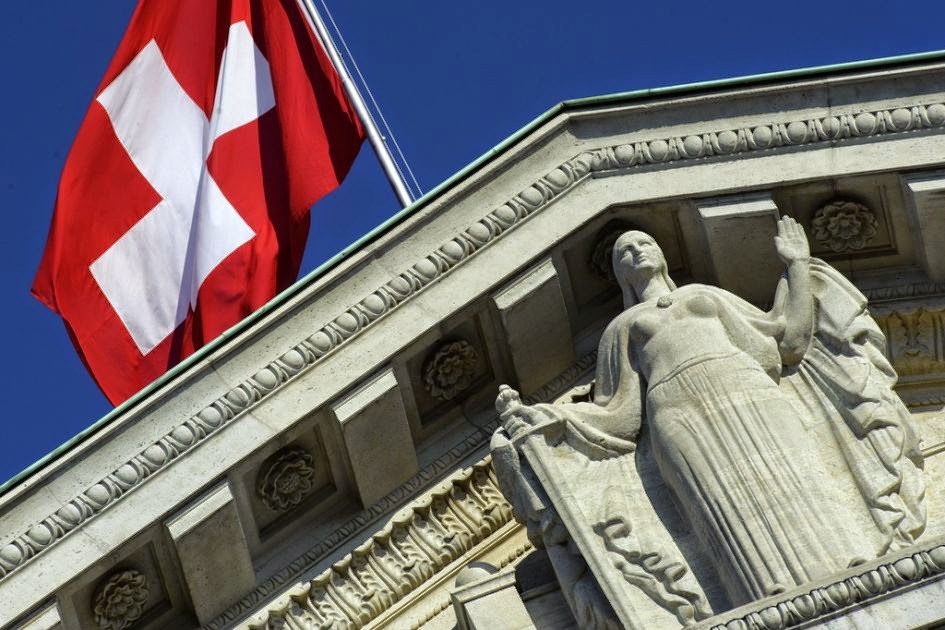
The Anglo-Saxon trust law does not apply to Switzerland and until recently the law on trusts was not adopted in this country, and such a concept as a Swiss trust simply did not exist. Despite this, trusts in Switzerland are created, but only under the jurisdiction of those foreign countries, which, for various reasons, are chosen by the founders of trusts.
Becoming one of the administrative centers of trusts, Switzerland had to ratify the Hague Convention in 2007, thereby recognizing legitimately its trust law.
After legalizing Swiss trusts, it became possible to place Swiss property in them, for which the trustee, who in this case acts as the owner of real estate, must be registered in the land registry. Persons who have EU citizenship and reside in the territory of Switzerland have the right to purchase real estate without negotiating a deal in advance, and nationals of countries outside the EU are required to obtain a preliminary authorization for the transaction or deal.
In other words, if the beneficial owners or trust managers are subjects or nationals of other countries that are not members of the EU, the transfer of immovable property must be agreed in advance.
Switzerland's legislation provides for the payment of taxes on trust assets by the founders and beneficial owners. Trust manager does not pay taxes on assets, since he is considered to be their formal owner.
Types of Swiss Trusts
Trusts in Switzerland are divided into:
revocable,
irrevocable,
fixed,
irrevocable discretionary.
The trust is considered a revocable, when in course of its creation the standard financial scheme does not change, i.e. the founder pays taxes, and the profit of the beneficial owners resemble a gift from the founder.
After the death of its founder, the trust passes into the category of irrevocable: according to the Swiss tax law it is considered that the property of the founder after his death passes under the inheritance law to the trust or its manager.
Under the establishment of a fixed trust it is meant a donation to the beneficial owners from the founder. The percentage of taxation of such a trust is directly calculated on the basis of the degree of kinship between them, but it is limited to the capitalized amount of income. If the beneficial owner is a resident of Switzerland and has the right to distribute capital and profits, then it is his duty to pay the wealth tax from the capitalized part. All funds distributed to the beneficial owner are taxed on income, except for income from tax-exempt capital gains.
An irrevocable discretionary trust is a trust in which the founder irrevocably transferred the assets of the trust to its manager and does not claim to receive from the trust any economic or financial benefits. In this case, the trust manager does not pay taxes, because he can be considered the beneficial owner of the trust assets.
Beneficial owners of this type of trust do not have the right to demand the profit of the trust, but can only expect it to be received. While expecting for profit, taxes are not paid. The Circular No. 30 in force in Switzerland directs the beneficiary-resident of the irrevocable discretionary trust to pay taxes if he has or owns the assets of the trust as the beneficial owner, and if he is not such, then the founder-resident must pay taxes on funds and profits. In this case, the funds and income of the trust belong to the founder, and the transfer of trust distributions is presented as a gift of the founder.
But there are no rules without exception for this case: for example, the founder of the trust was not a resident of Switzerland at its creation, then the funds and income of the trust can not be transferred to the resident founder and the beneficial owners. The profit distributed to the beneficial owners is subject to taxation according to the income item. Not all tax authorities can provide tax incentives to the founder if inconsiderable period of time has passed between the institution of trust and his settlement in Switzerland.
Distributed capital gains under Swiss law are income and are not exempt from taxes.
Compensation of withholding tax
The Trust can not request compensation according to the Swiss withholding tax, since it is not a legal entity. The laws of Switzerland provide for their residents (founders or beneficial owners) compensation of the withholding tax, which was paid on income from trust assets.
SATC - Swiss Association of Trust Companies
Professional trustee in Switzerland does not need to be registered in special supervisory bodies. The Swiss Association of Trust Companies (SATC) is successfully operating to maintain and develop the activities of the trust, as well as for observance of professional standards in Switzerland.
This organization has formed a list of ethical standards and minimum professional requirements for the trustees operating in Switzerland. The SATC issued the "White Paper" in 2012, which included a list of various requirements for regulating the activities of trust managers and obtaining licenses by them for their activities in Switzerland.
Combating the legalization of criminal proceeds
In Switzerland, there is a federal law (AMLA), aimed at combating the legalization of income in the financial sector, obtained in contravention of the laws of the country. The AMLA pursues trustees that deal with financial intermediation. In Switzerland, about 20% of trust managers are classified as financial intermediaries because of their ownership of the trust assets separately from their own. According to the law, it is also the responsibility of the trustee to verify the identity of the beneficial owners and contracting parties.
Trustees are required to check suspicious transactions and, in case of doubt, report about them.




























































